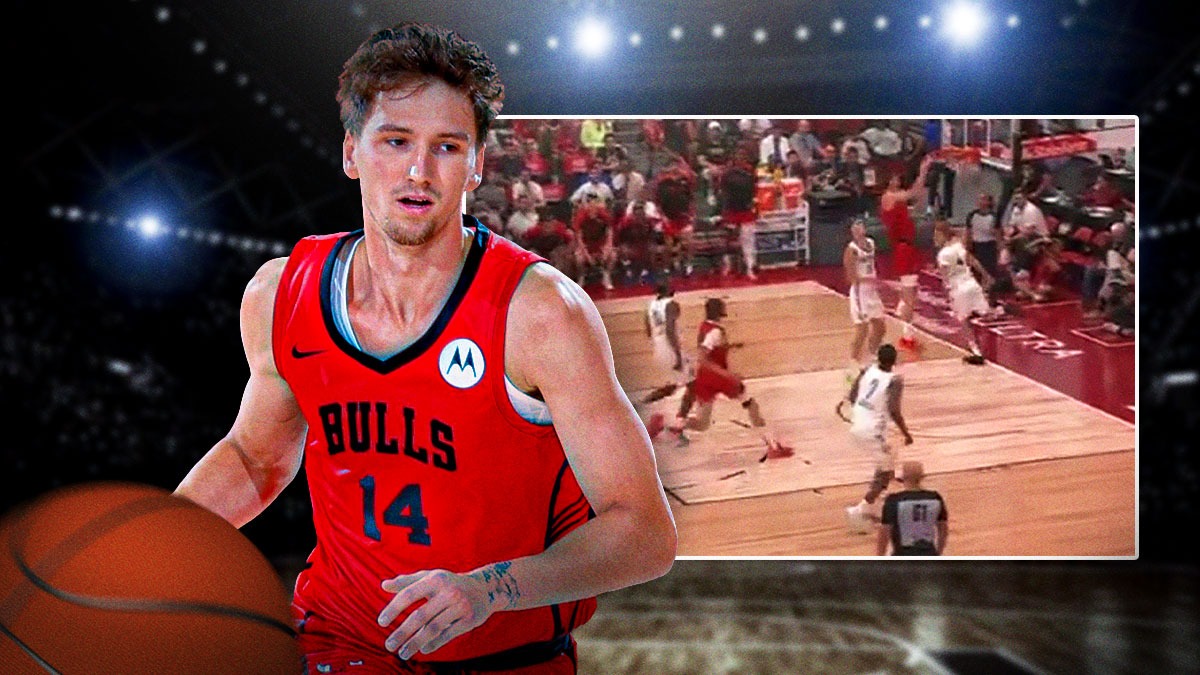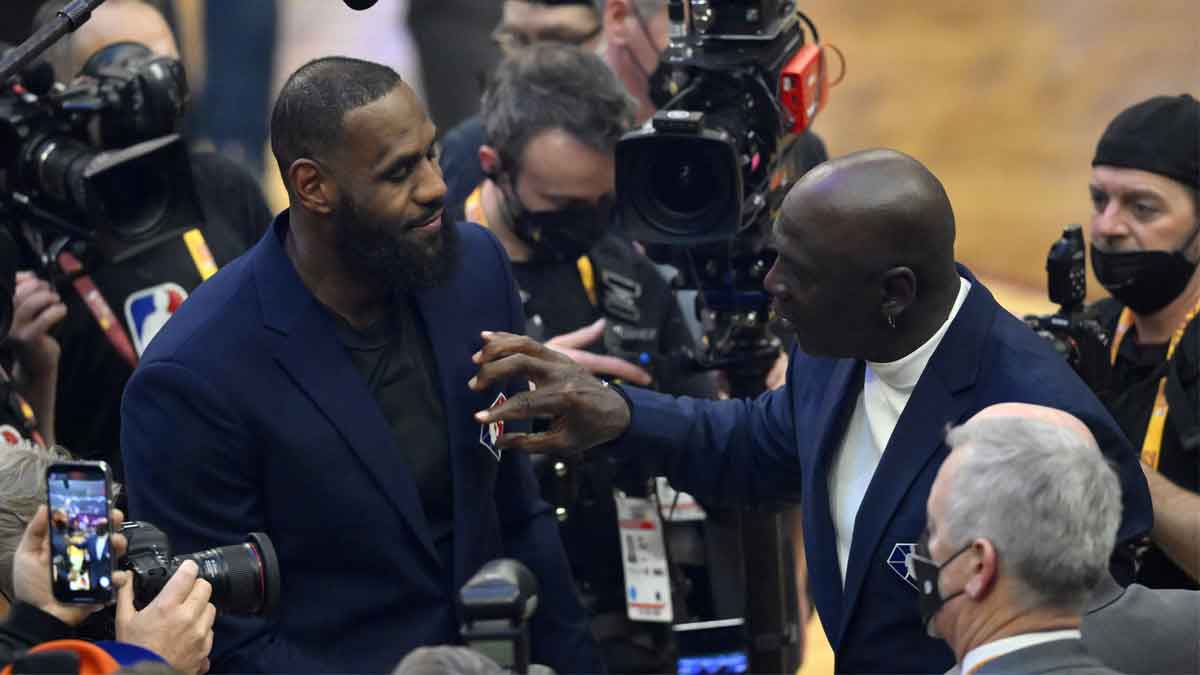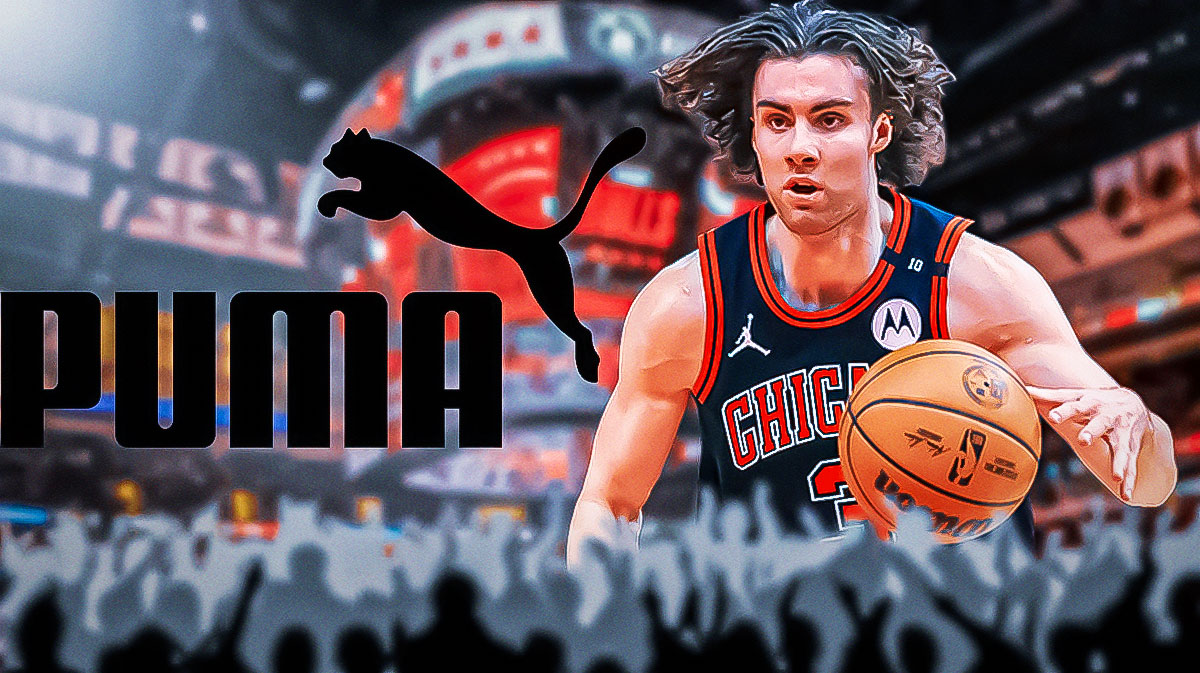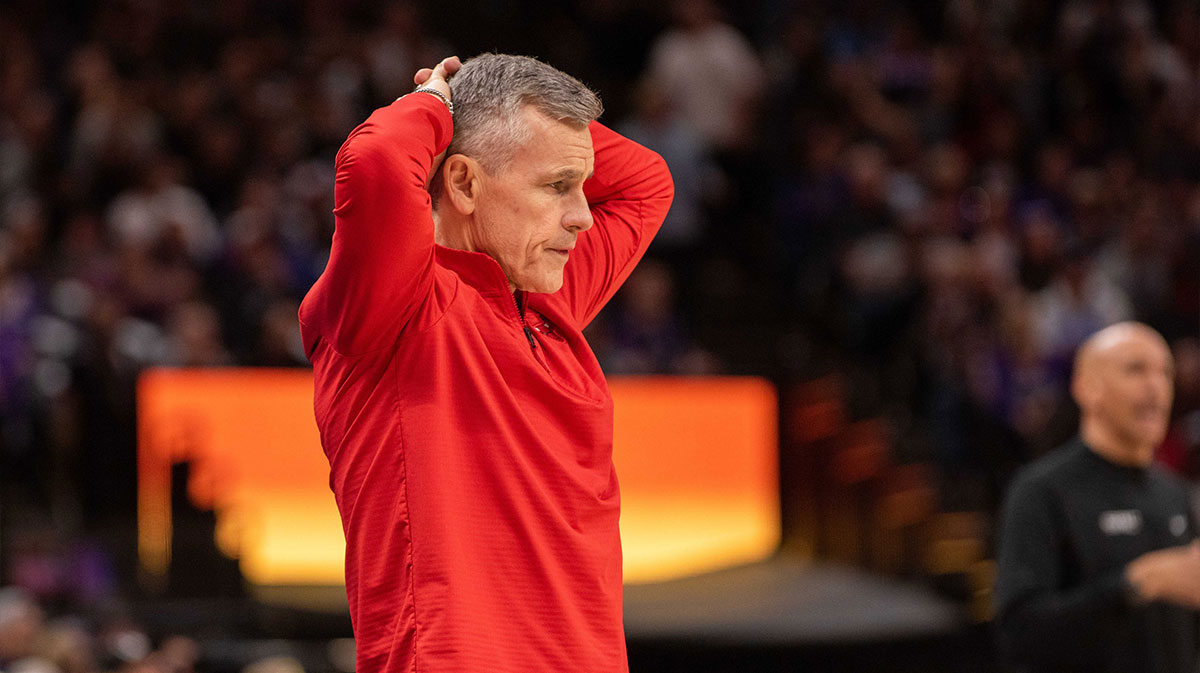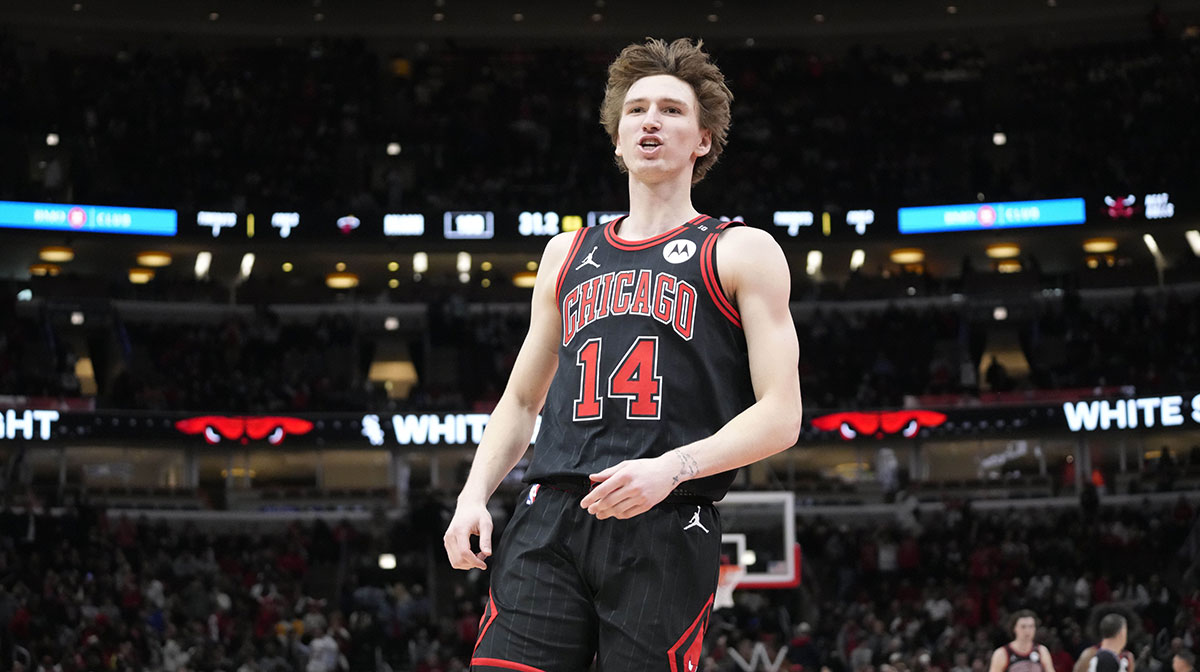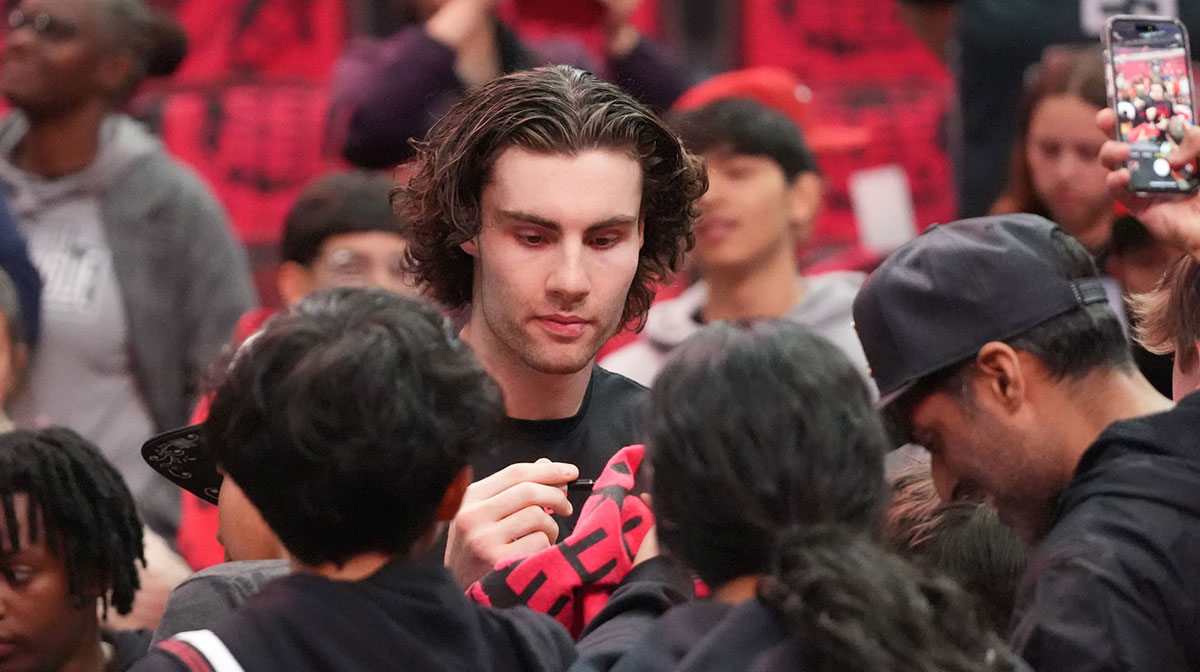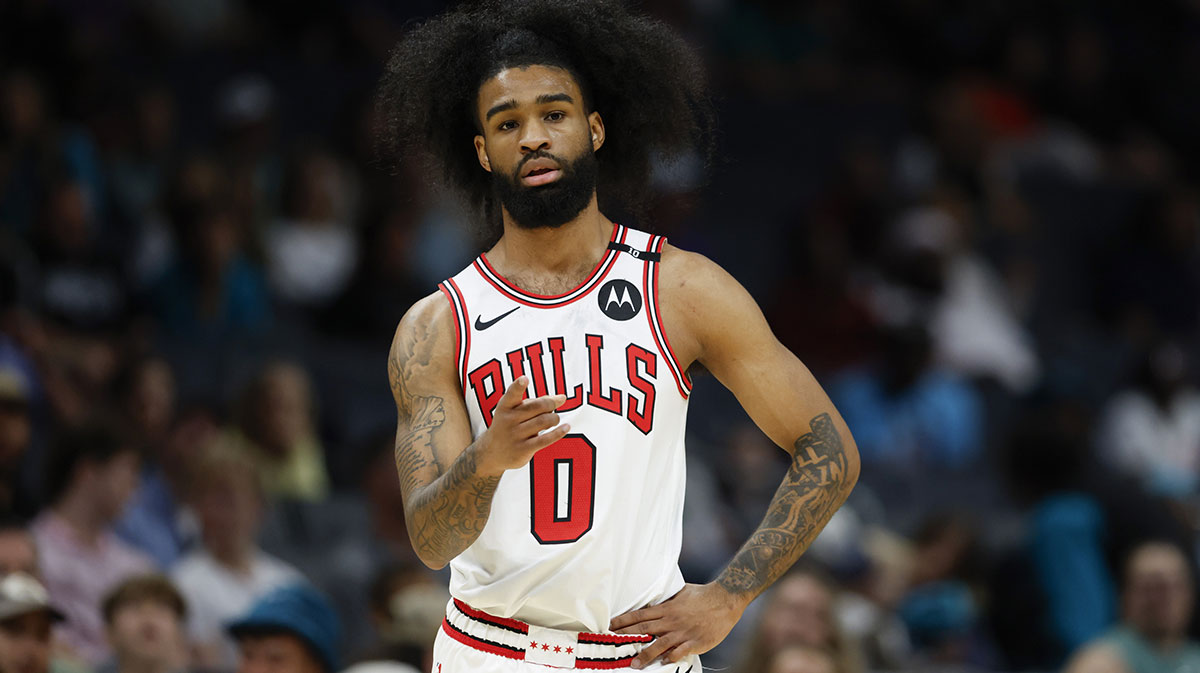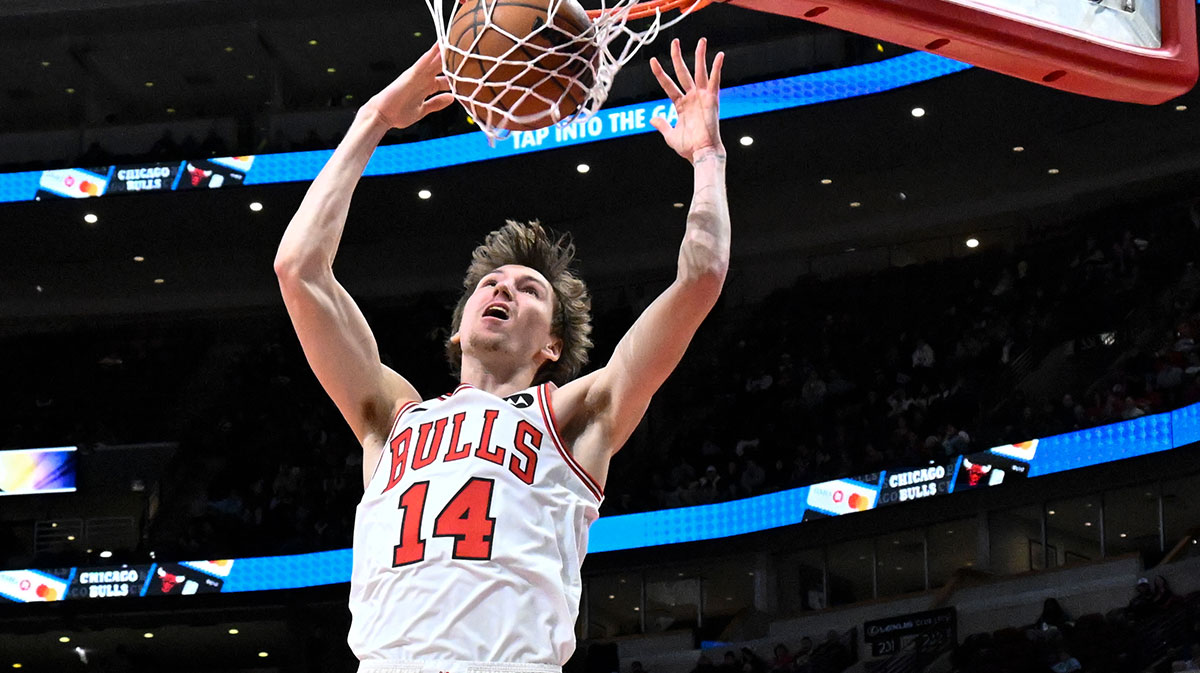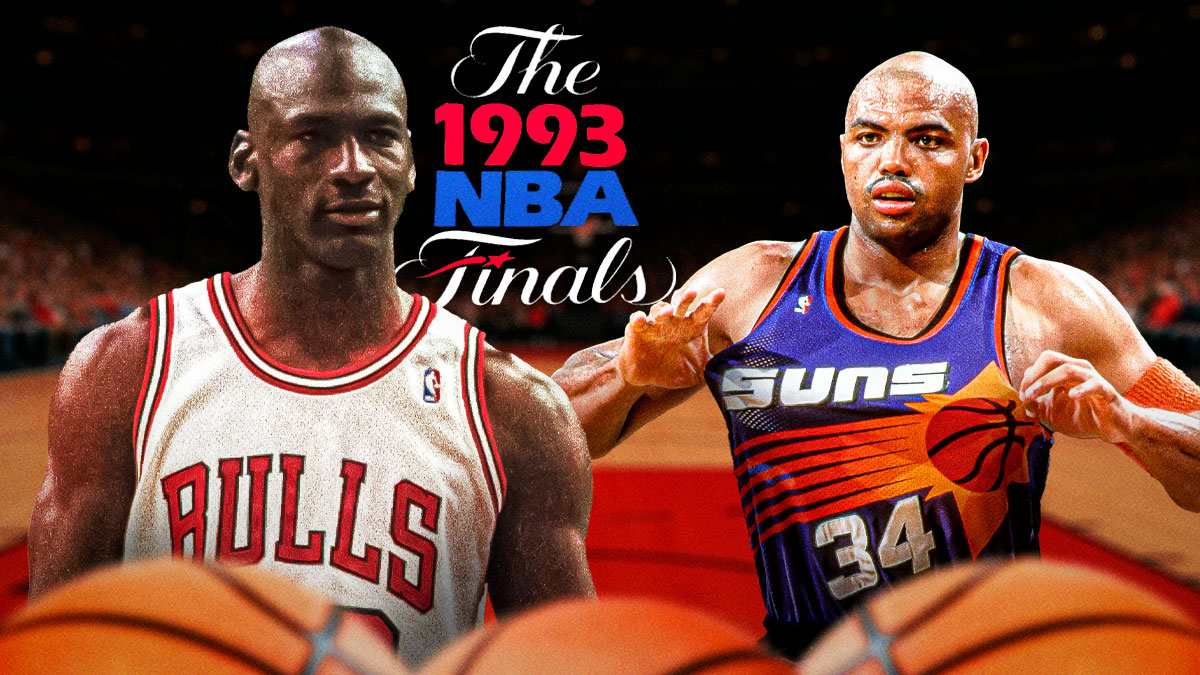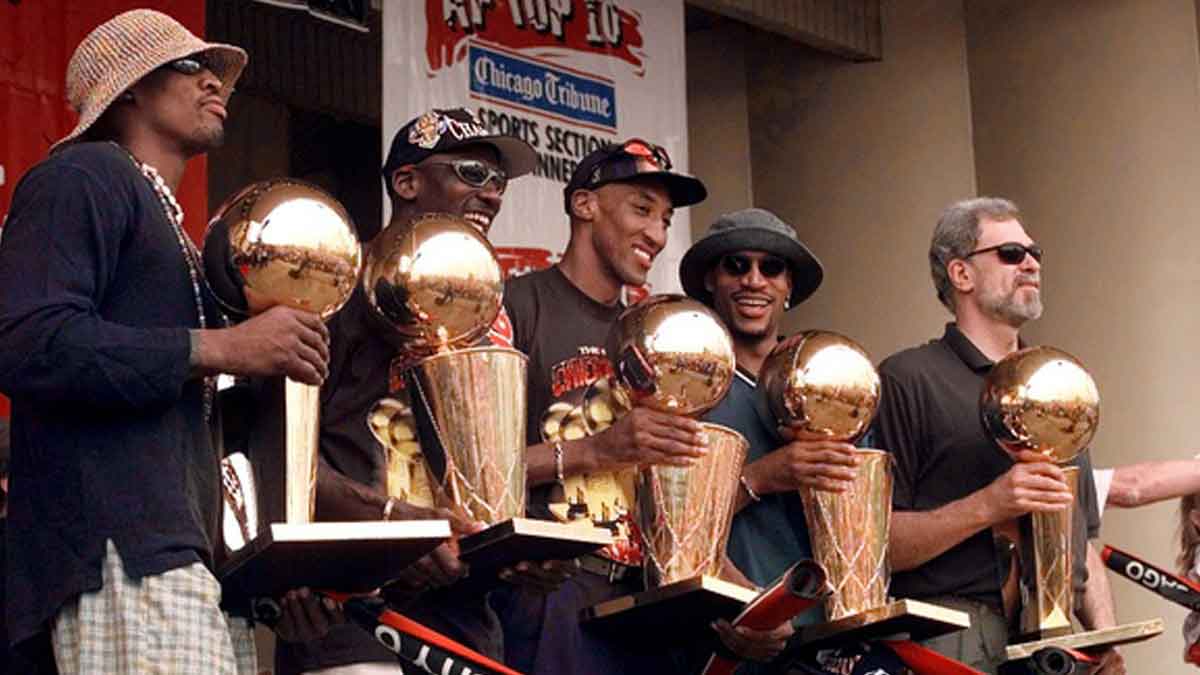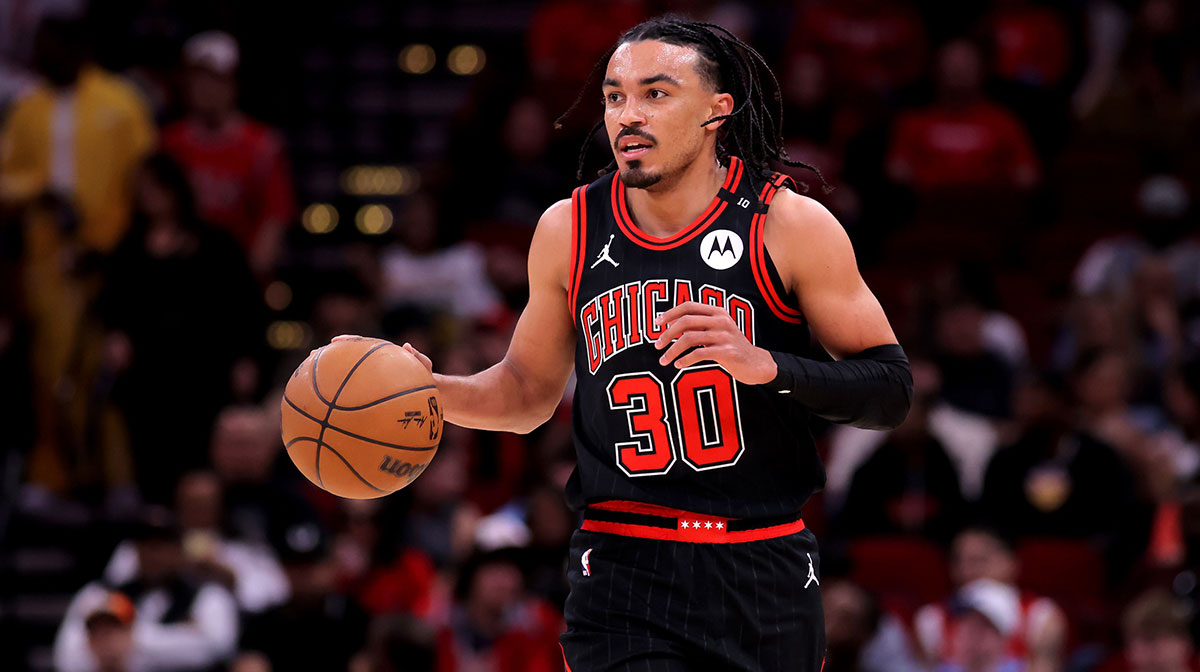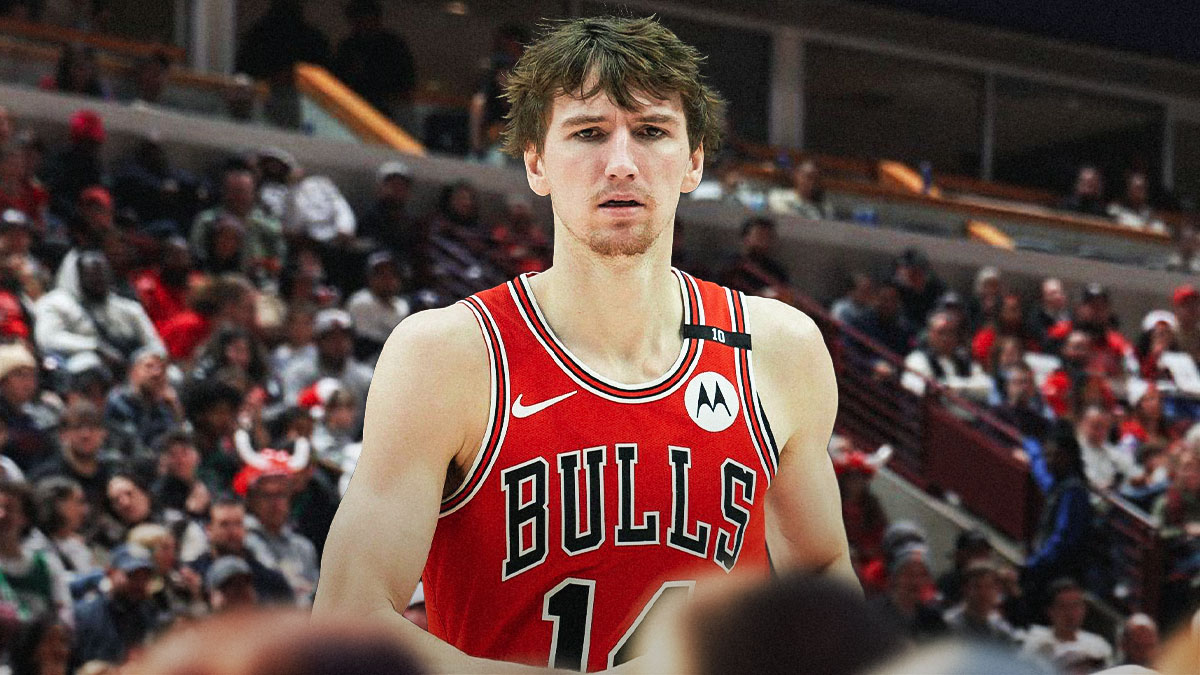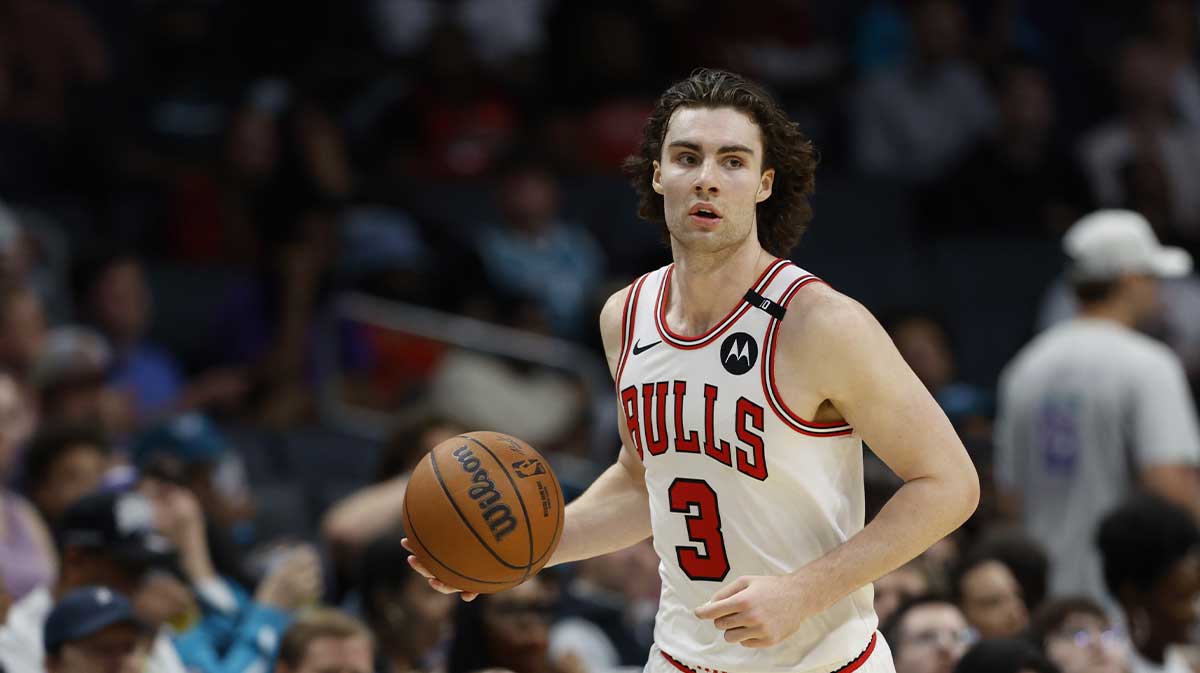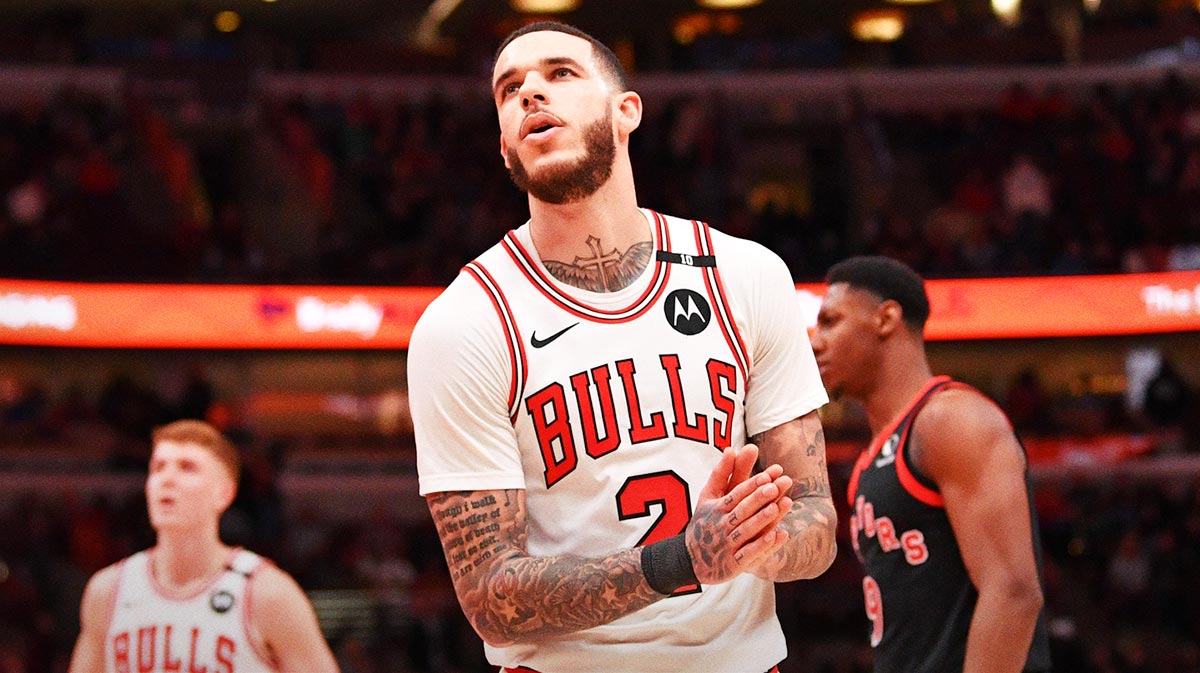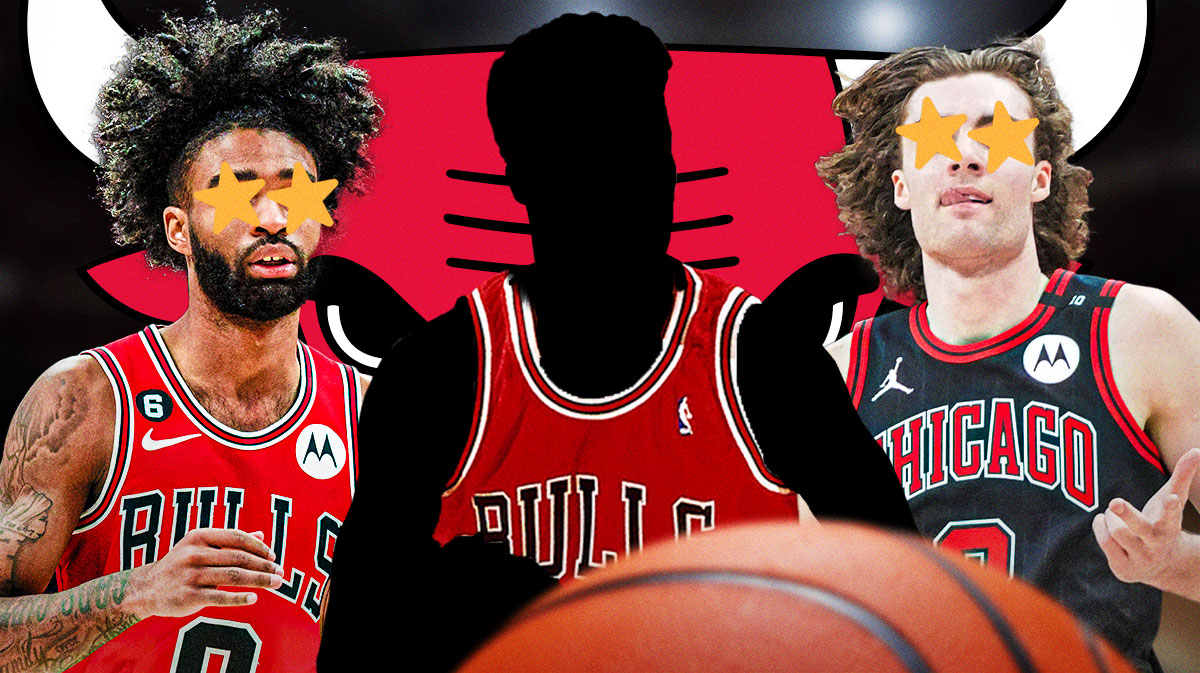In a sea of celebrating teammates, chaos all around him, the Chicago Bulls’ Derrick Rose remained perfectly serene. It was Game 3 of the 2015 Eastern Conference Semifinals against the Cleveland Cavaliers. Rose, tormented by years of injuries, put the Bulls on his back, scoring 30 points with seven assists.
If life were a fairytale, this would be the moment Derrick Rose was remembered for.
With three seconds remaining and the scored tied at 96, the Bulls’ point guard circled the court, taking the inbounds pass. Pushing the ball ahead of him, Rose stepped behind a Taj Gibson screen.
Elevating on unstable knees to unleash an unsteady shot, Rose banked in the game-winning shot.
Of course, in the words of Orson Welles: “If you want a happy ending, that depends, of course, on where you stop your story.”
This would not be the case of the hometown hero overcoming significant injuries for unfinished business against LeBron James, the player who last felled him.
Prior to Rose’s shot, the last time he was seen at the height of his powers, a moment like this would bring visions of a great future. Instead, the shot marked a reminder of what could have once been.

At the dawn of this current age of point guards, few captured the imagination quite like Rose.
Removing the hand check from defenders’ toolkit freed skilled ball handlers to move across the court with freedom. And no one moved with the ball like Rose.
His was a game of grace and explosion.
Derrick Rose entered the league at a time when his position was being redefined. The physical profiles of point guards were being pushed. Russell Westbrook, John Wall, Rose. All combined guard skills with the explosive scoring talent of an elite wing.
Wall possessed the best combination of size and speed. Westbrook remains unbridled explosion. A force of nature not unlike the Incredible Hulk, creating collateral damage everywhere in his wake.
People speak of nuclear athleticism, but Rose wasn’t just unleashing the power of splitting the atom. His game harnessed it. No other player had such precise body control moving at such high speeds. In a crowd, Rose could contort his attack angle and body beyond all obstacles. Sometimes, his control was too effective. The ability to split two defenders, leaving them grasping at air, also stifled his ability to get to the free throw line.
https://www.youtube.com/watch?v=D_PrfYXi4Vw
At 22 years old, Derrick Rose was named the youngest MVP in league history. His per game totals were impressive, averaging 25.0 points, 7.7 assists, and 4.1 rebounds per game.
Though he wasn’t the best player in the league that season, his numbers and situation portended he’d be one of the best for a long time to come.
Injuries, of course, derailed all of them. There’s no need to rehash everything that happened. What matters is what that missed time meant to where Rose is now.

From the moment a player steps foot on an NBA court, there’s a short window for an athlete’s physical prime. We tend to think of a player’s peak somewhere between ages 27-30, but athletic peak comes long before that. Rose, in his MVP season, was already near his athletic peak.
The decline from that age forward just happens so gradually, it is generally outpaced by gains in skill and experience. Those age 27-30 years, then, are when a player has mastered his craft while still retaining enough athletic prowess to exploit physical advantages.
A myriad of smaller injuries and a lockout conspired to limit Rose to just 39 regular season games after his MVP season. He’d go on to tear his ACL in the Bulls’ first playoff game against the Philadelphia 76ers in the final 1:22 of game already decided.

Including that season, from ages 23-26, Rose suited up for only 100 regular season games. The years where he should’ve been learning how to supplement his game to offset naturally dwindling athleticism were lost to him.
When Derrick Rose returned to play 51 games in the 2014-15 season and 12 playoff games, glimmers of hope presented themselves.
At 26 years old, he averaged 16.4 points and 4.9 assists in 30 minutes per game. Adjusted to per 36 minutes, they’re not too far from his early years.
Of course, these glimmers of hope were more pyrite than gold.

Never a beacon of efficiency (he was good, not great), a sizeable portion of Rose’s value stemmed from volume and pressure applied. According to Basketball-Reference, Rose used 32.2 percent of the Bulls’ possessions his MVP season. The ability to do an offense’s heavy lifting for 38 minutes allowed Tom Thibodeau to mix in lineups long on defense but limited in shot creation. This is a very valuable attribute.
Knock that down to 30 minutes, and the volume doesn’t overwhelm by as much. Unfortunately, Rose' efficiency could not compensate for the loss of athleticism.
And while the usage remained mostly the same that first year back, the efficiency nosedived, dropping from a 23.0 Player Efficiency Rating to 15.9. A precipitous drop in True Shooting percentage (.550 to .493) and slight upticks in turnover percentage (13.1 to 14.9) and drop in assist percentage (38.7 to 30.7) showed the decline in athleticism without the gained experience to compensate.

On the court, this played out as a Derrick Rose still capable of blowing by his initial defender. This left intact some of his ability as a scorer. Highlights plays and individual numbers were still well within his repertoire.
But his scoring was never the entire picture for Rose.
Even if Rose was still better than most at it, getting past the first line of defense is something most starting point guards need to be able to do.
When Rose was at his peak, it was his ability to get to the rim before the second line of defense could react that broke defenses.

Rose didn’t read passing lanes at an elite level, he simply collapsed defenses to such a degree that easy passes presented themselves frequently.
He was and, perhaps, still can create and convert difficult plays with reasonable competency. The off-foot floaters and hanging scoop shots are still there. It’s just that far too often these have become his first option, not his highlights. Gone are the wide-open layups or assists that boosted his offense’s overall efficiency.
In Chicago, this was no longer enough to justify keeping touches away from Jimmy Butler or Pau Gasol.
And therein lies the problem for Rose and his NBA career.
In New York, he proved with the Knicks he still has an NBA skill. In 64 games, he averaged 18 points and 4.4 assists per game, shooting 47.1 percent from the field.

The former MVP can still score off a pick. He can still break down a defender, turn the corner, and against lesser defenders, finish. There are pieces of his game still reminiscent of his glory days. It’s just that Rose is no longer elite at them. Good teams have better options to carry their offense.
Young teams have players with greater upside and Rose’s game isn’t exactly nurturing for high-usage young players.
And even players who aren’t as adept at getting into the paint have better secondary attributes, whether it’s shooting, playmaking, defense, or a combination of all three. All which make them better in systems and secondary roles.
The three-pointer is all but eliminated from his game, down to 0.9 and 1.5 attempts the past two seasons. Off-the-ball, Rose has almost no value.

And it’s not as if Rose is reliable off the court, either. In each of the past two seasons, he has stepped away from his team in the middle of the season to contemplate his future.
All of this, and it’s not even bringing up Rose’s toxic civil suit. Though he was held not legally liable in a gang rape case, the details were mortifying. The Undefeated’s Clinton Yates profiles them, here.
At best, it’s a disappointing tale. A player once renowned for his physical abilities and extreme body control brought down by injuries out of his control. His value further deteriorated by mishandling things perfectly within his control.
It might not be the absolute end for Rose. He could very well catch on with a team that needs a scorer for a few spot minutes off the bench. In a pinch, he can still run some ball screen actions at an NBA level.

But the best stuff? The last great moment came and went with a banked in game-winner over the Cleveland Cavaliers a few years ago.
His career may or may not be officially over, but to borrow from Orson Welles, the happy ending ended long ago. What remains is what’s left out of fairytales.

